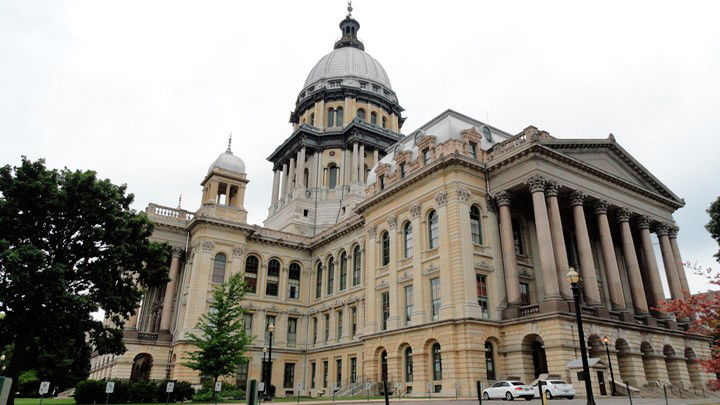Mexico proposes higher taxes on online gambling and violent video games in 2026 economic plan

Mexico’s 2026 Economic Package includes a set of proposed non-fiscal tax measures targeting products and services that the government considers harmful to public health and social well-being. Among the most notable provisions are new taxes on violent video games and a sharp increase in the rate applied to online gambling operators.
Submitted to the Chamber of Deputies late Monday night, the proposed reforms would introduce an 8% special tax on digital services offering violent video games and raise the tax on online gambling activities from 30% to 50%. It remains unclear whether the revised gambling tax will be calculated based on the total value of bets placed or on the operator’s net revenue, as the package does not specify the applicable base.
The new measures are presented under the “healthy taxes” section of the General Economic Policy Criteria. If approved by Congress, they would take effect in 2026.
President Claudia Sheinbaum’s administration contends that excessive consumption of sugary drinks, online gambling, and violent video games generates substantial economic and social costs. These range from rising rates of obesity and diabetes to psychological harm and financial stress within households, according to officials.
The document states: “Recent studies have found a link between violent video game use and increased levels of aggression among adolescents, as well as negative social and psychological effects such as isolation and anxiety.”
In addition to the taxes on digital services and gambling, the government has proposed raising the Special Tax on Production and Services (IEPS) applied to flavored beverages and tobacco. These increases aim to discourage consumption while contributing to public revenues.
The Economic Package was delivered by Secretary of Finance Edgar Amador just 90 minutes before the constitutional deadline, following a delay of more than four hours from the original schedule. The government’s revenue forecast for 2026 is 8.7 trillion pesos, and the proposal outlines an expected GDP growth range of 1.8% to 2.8%.















